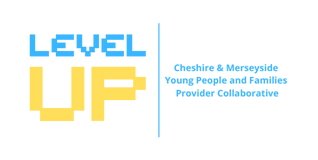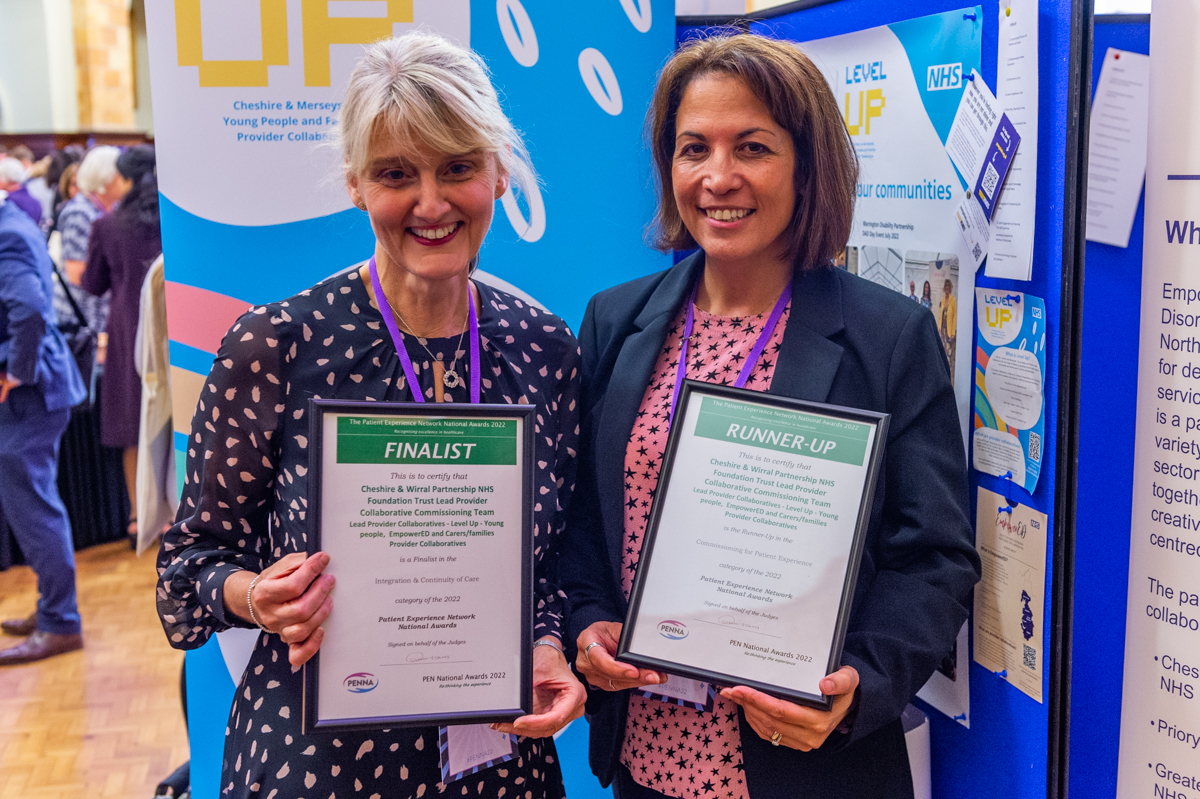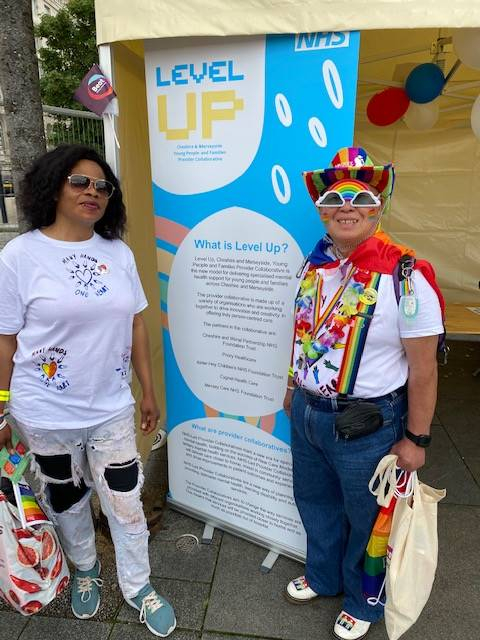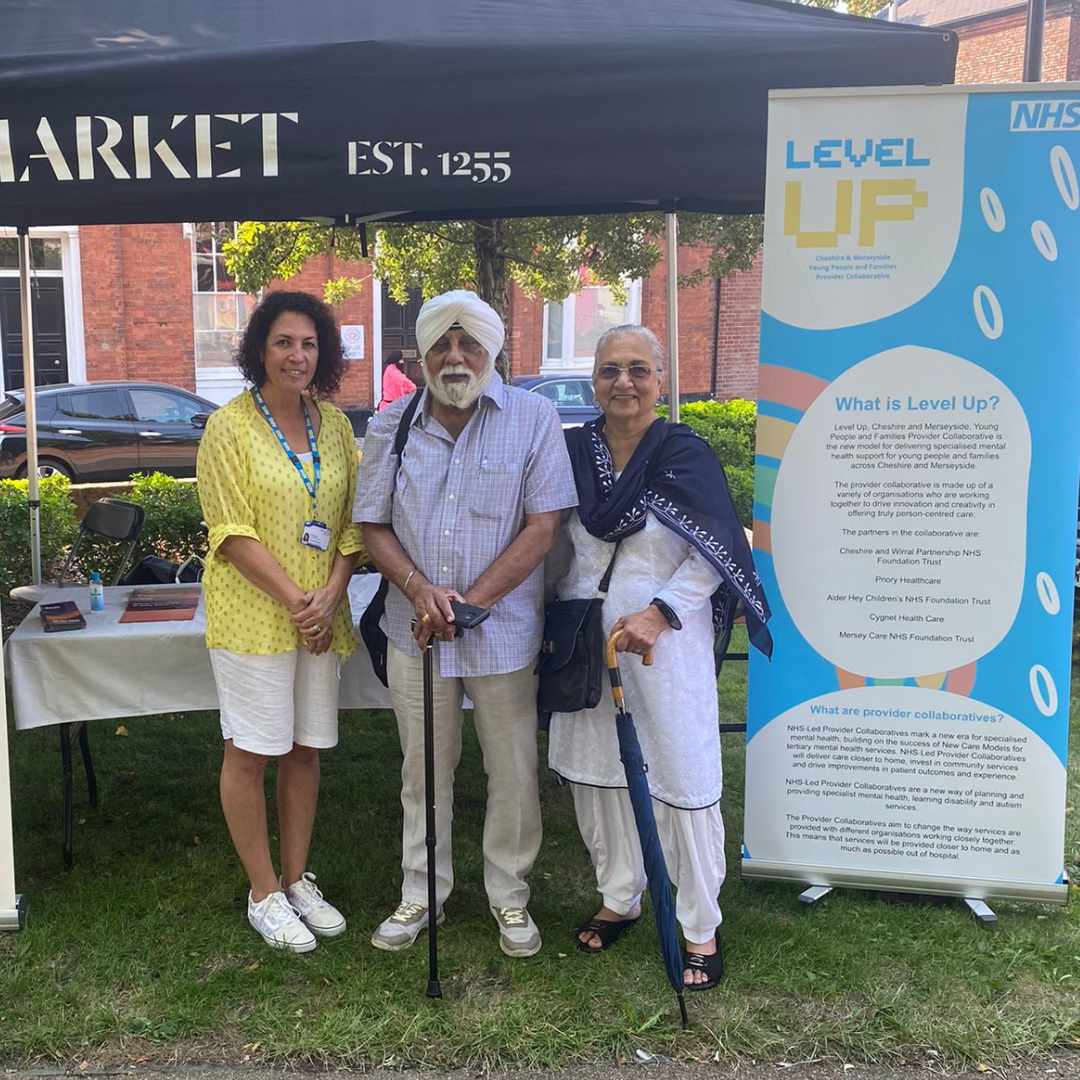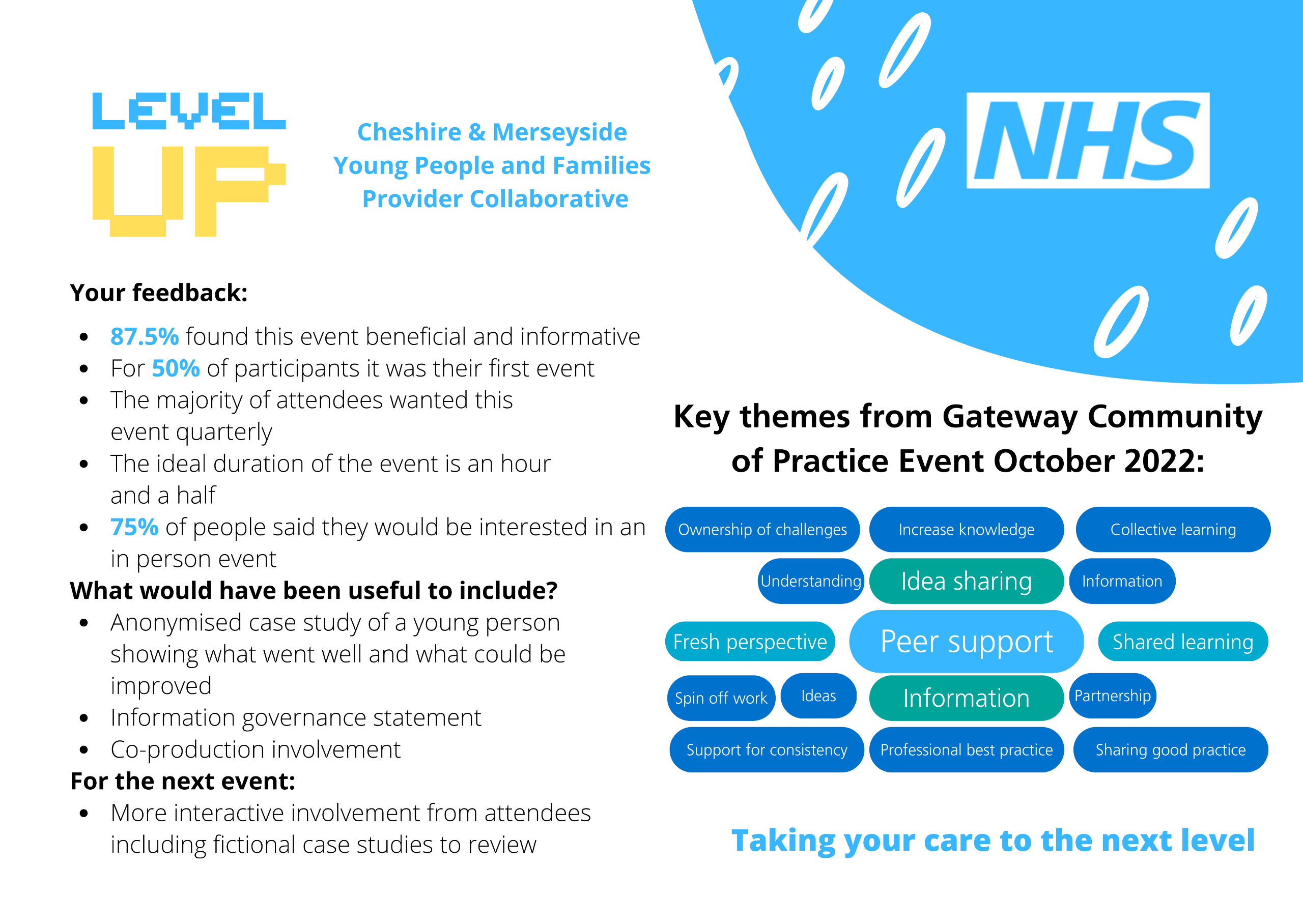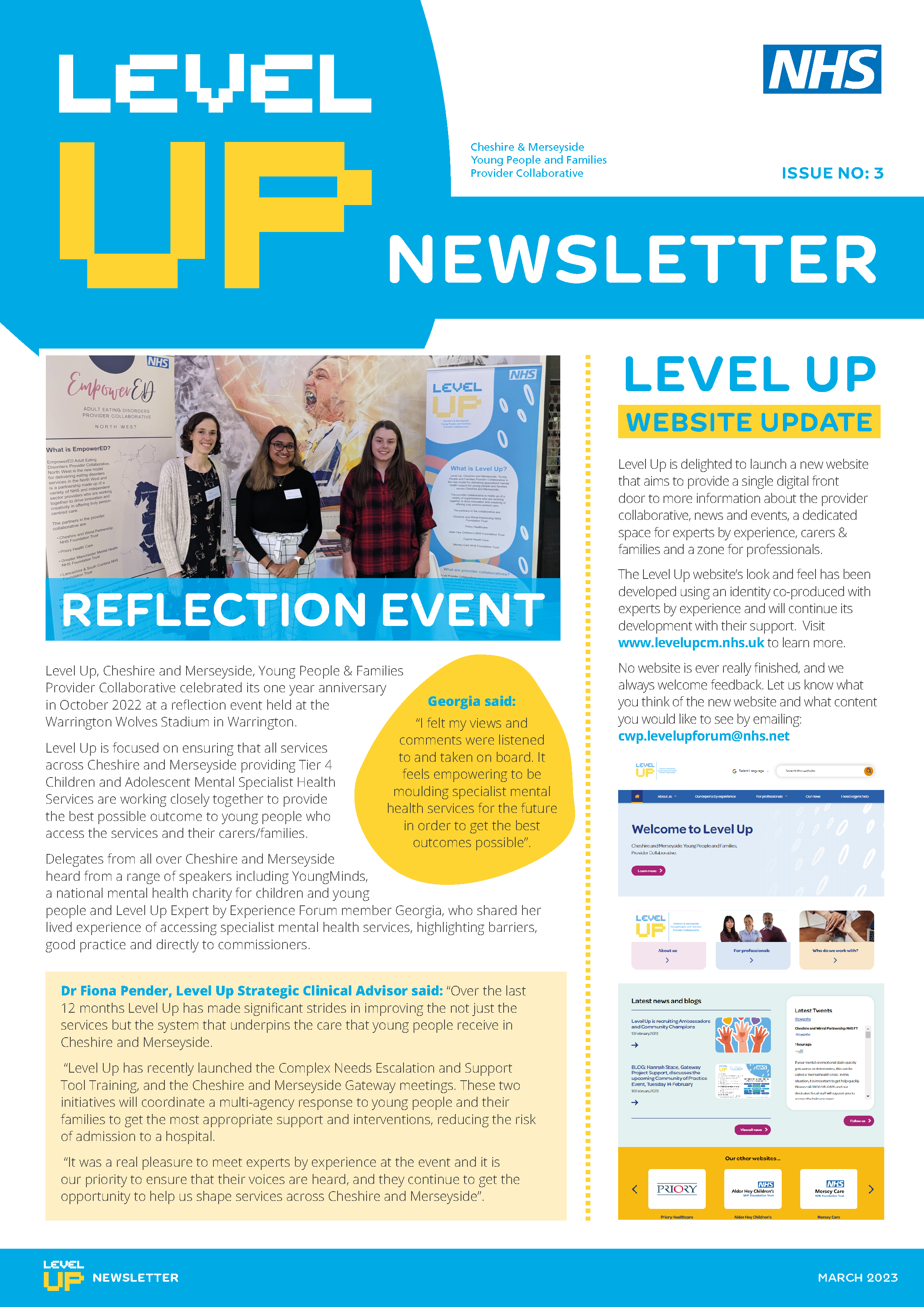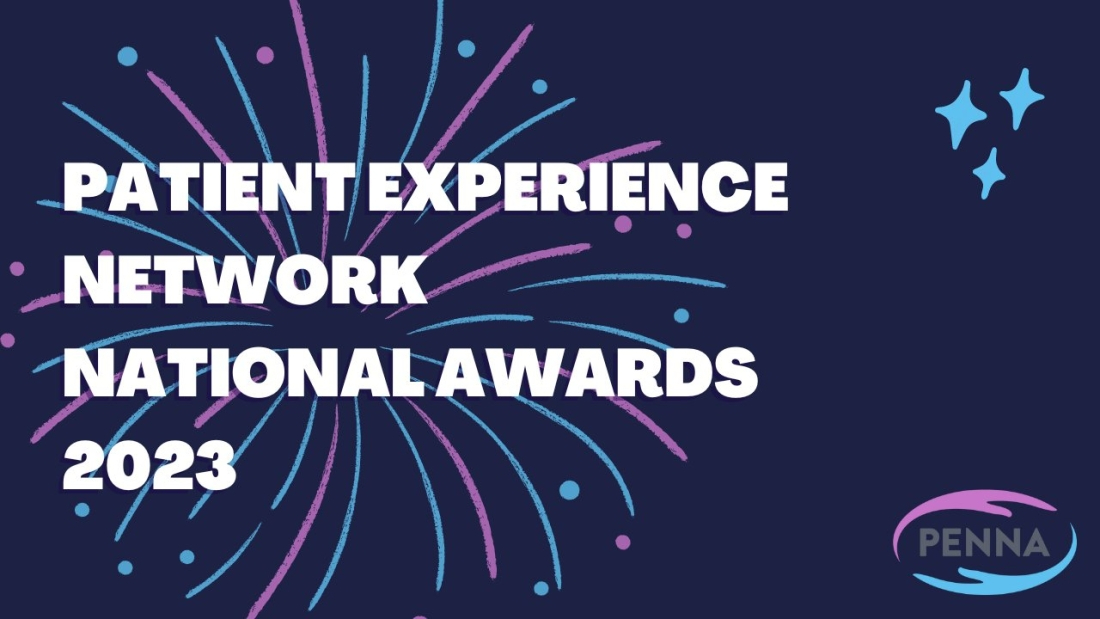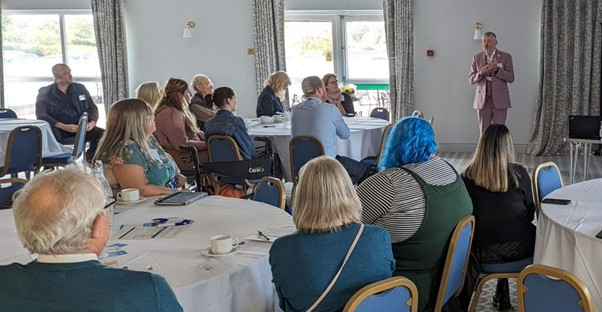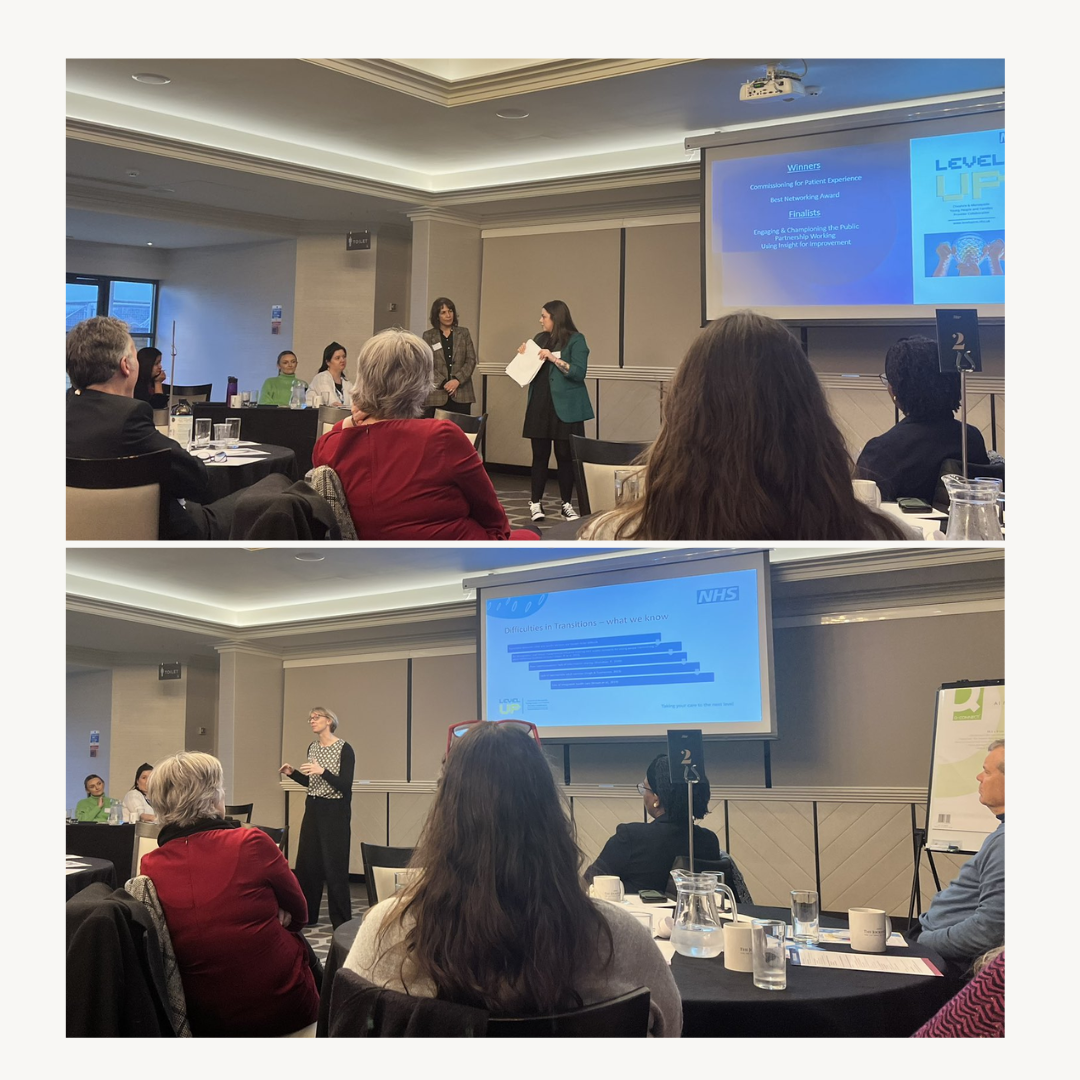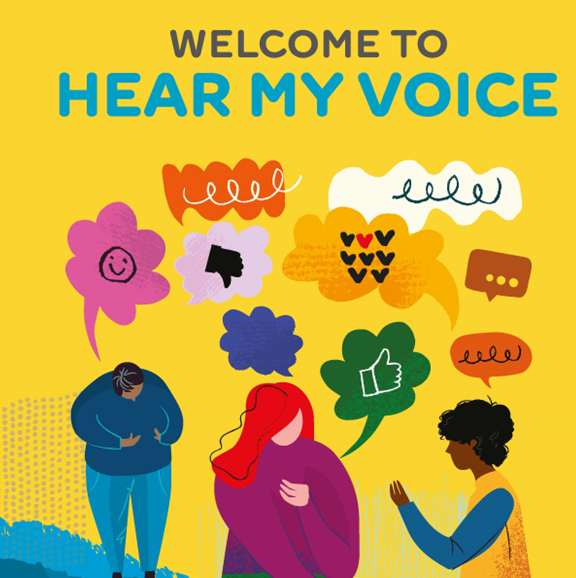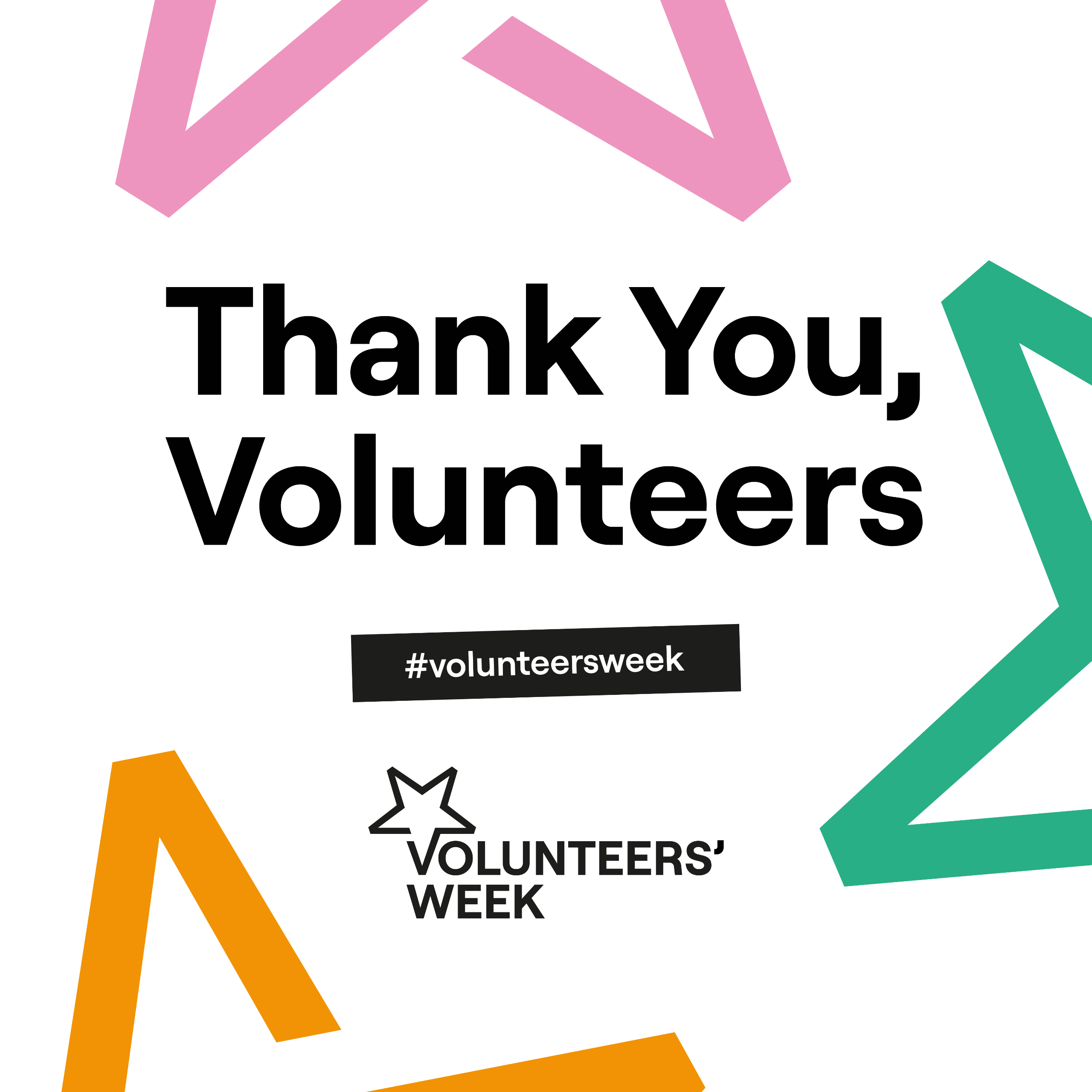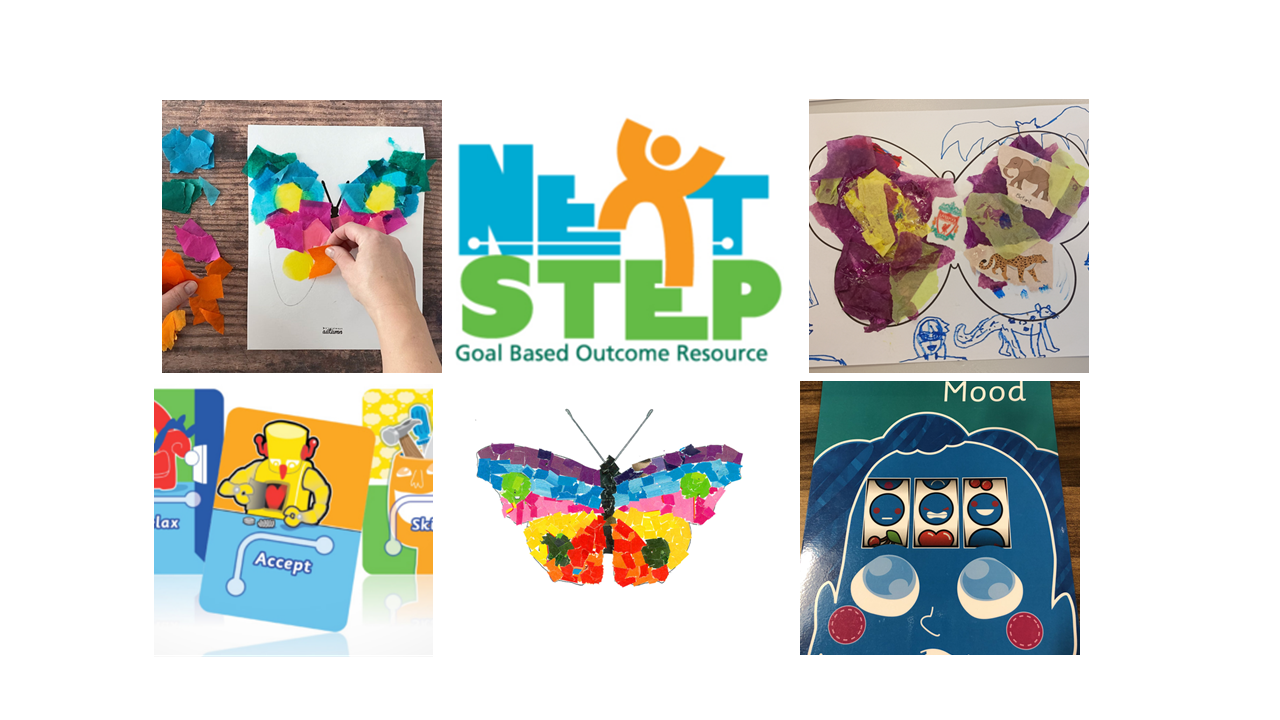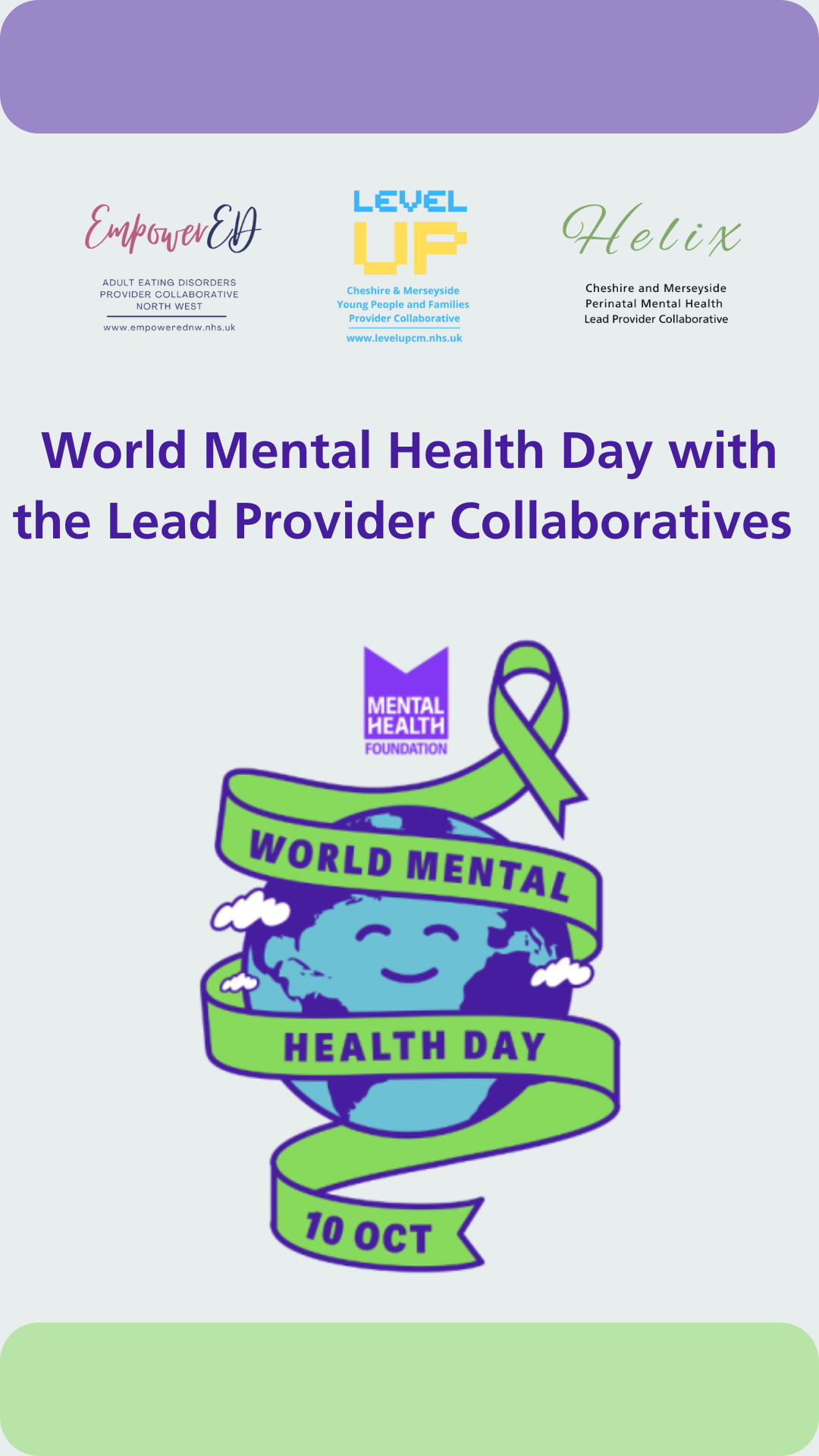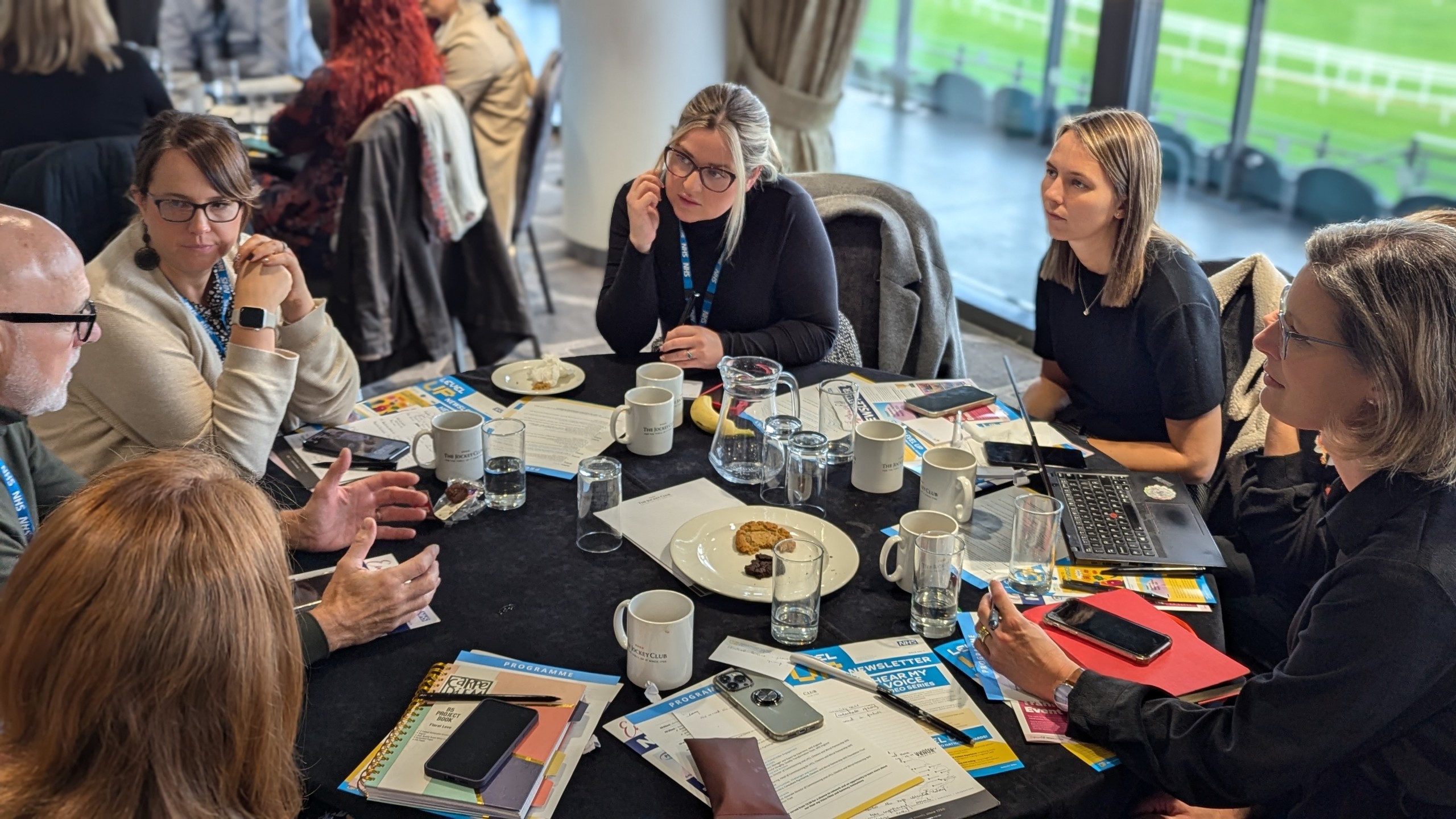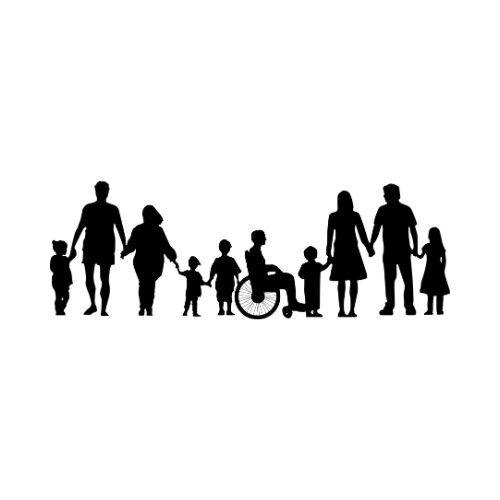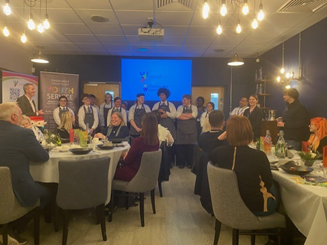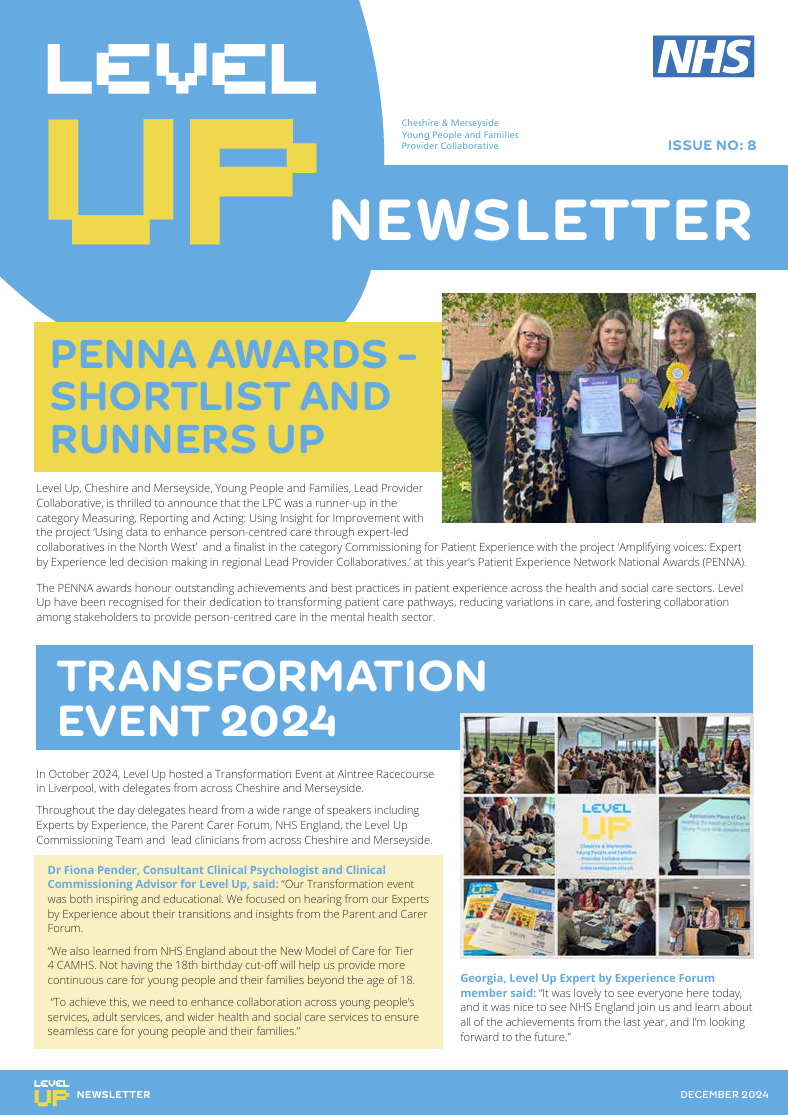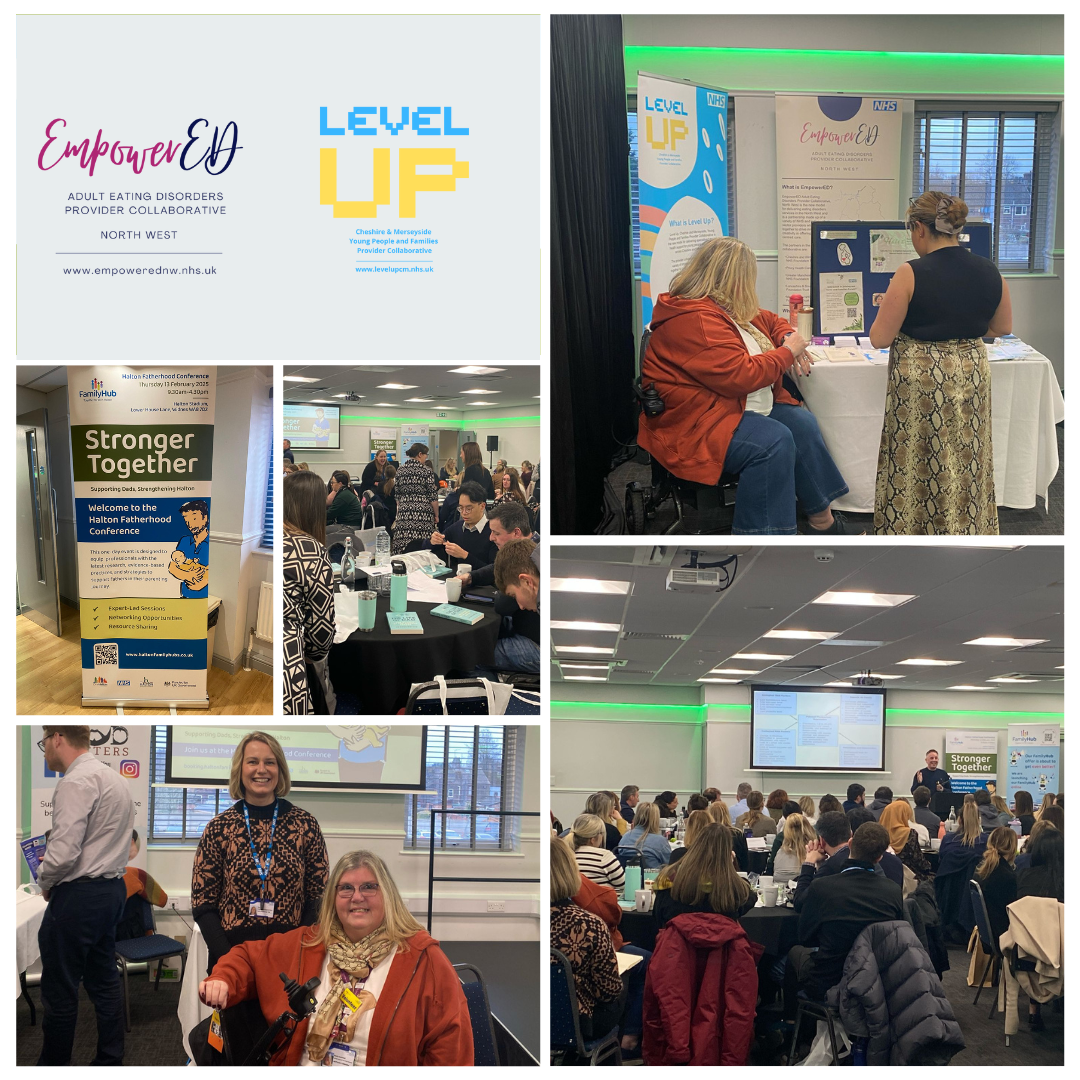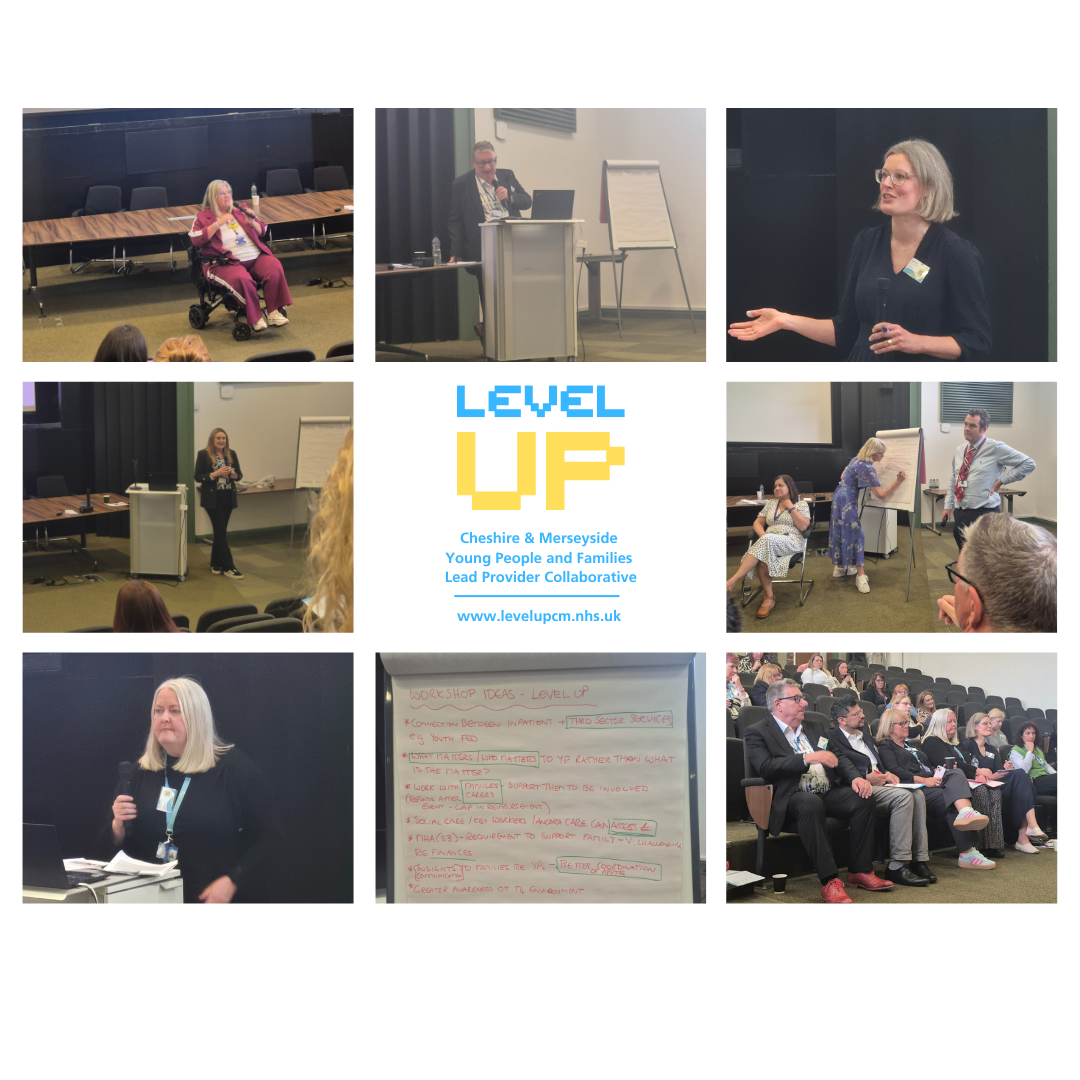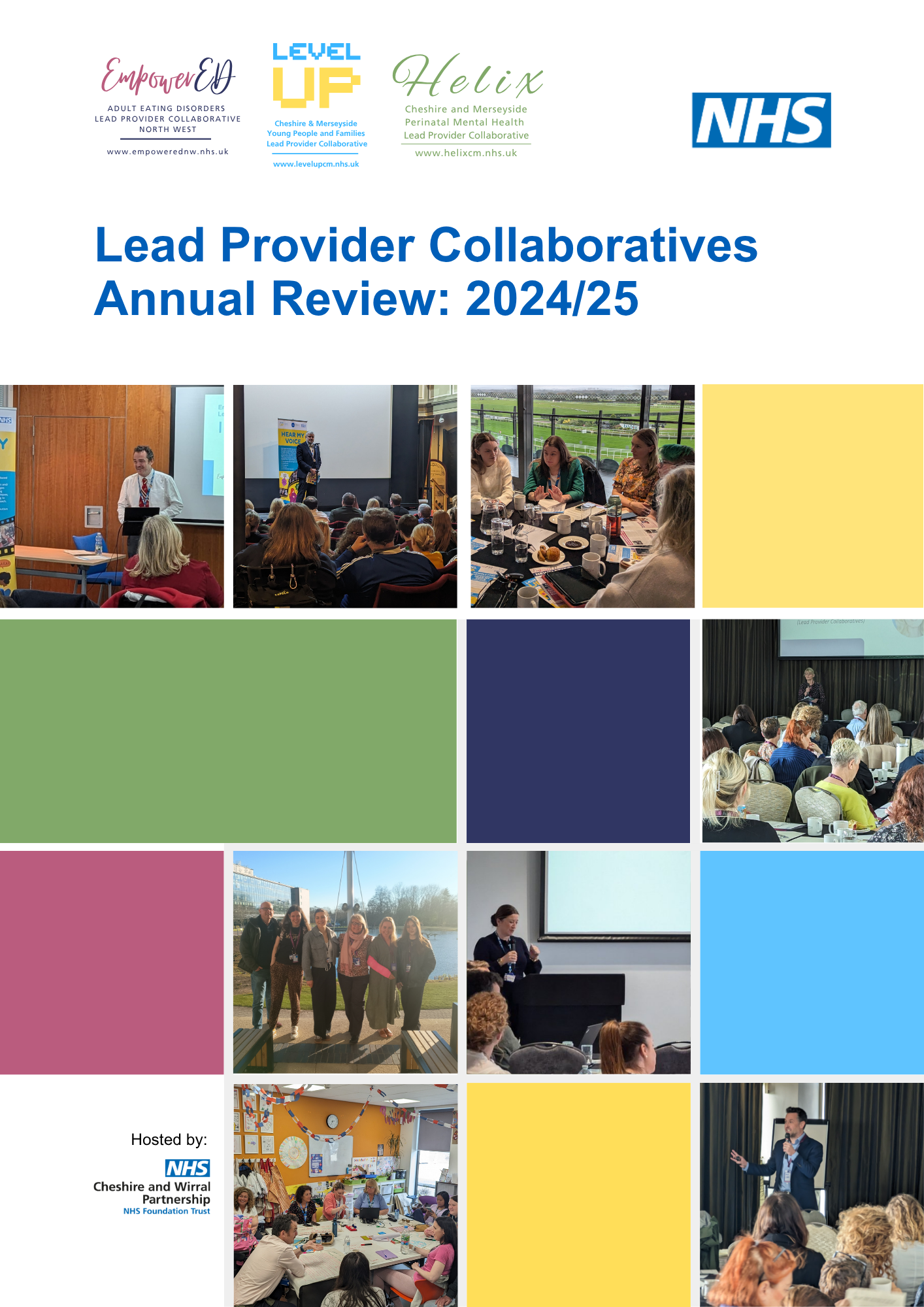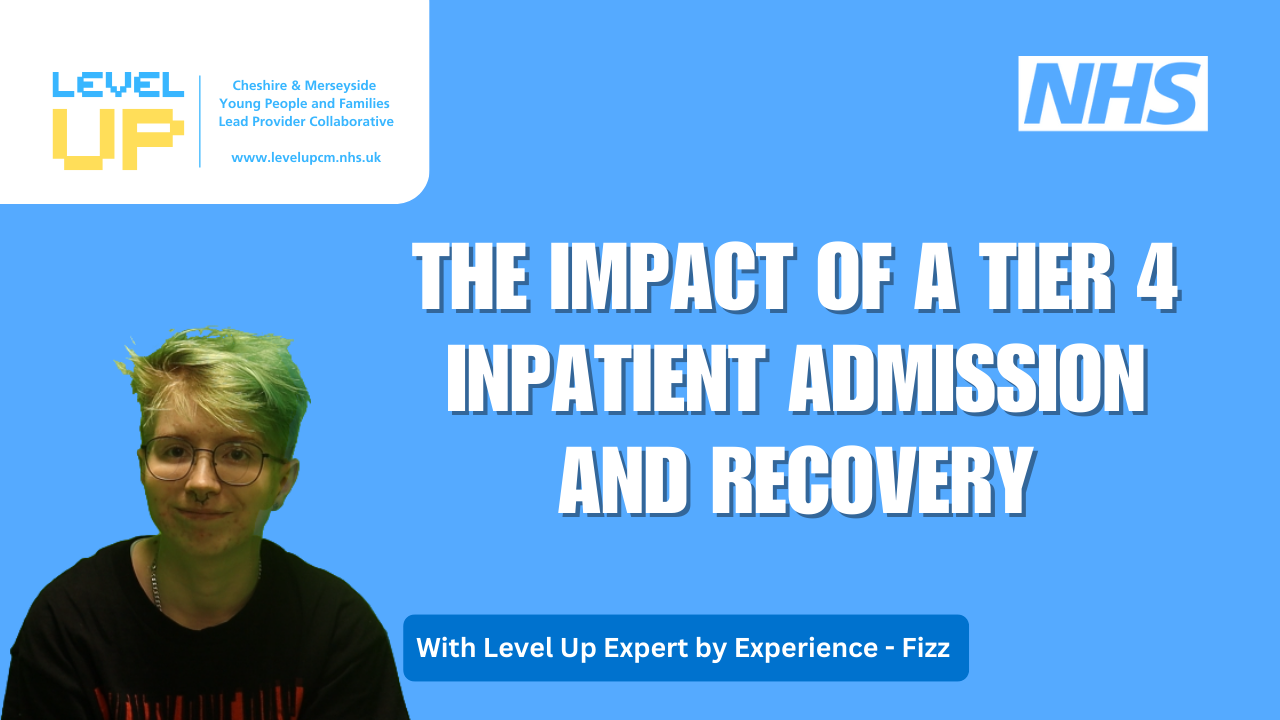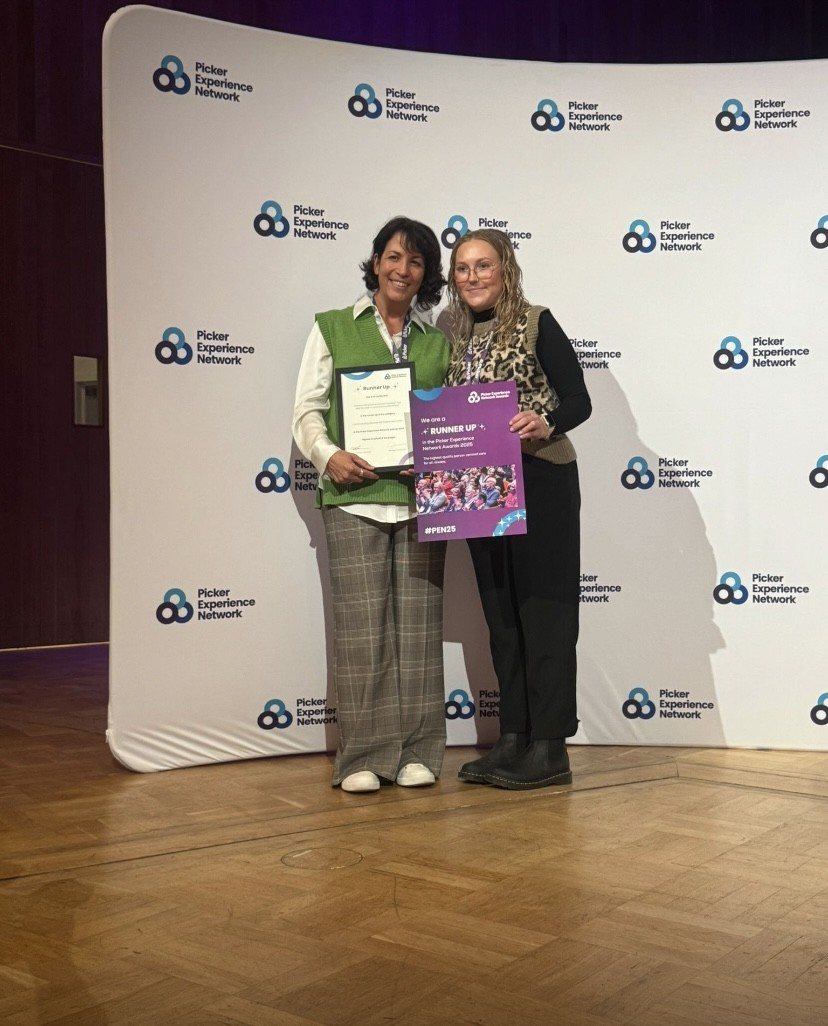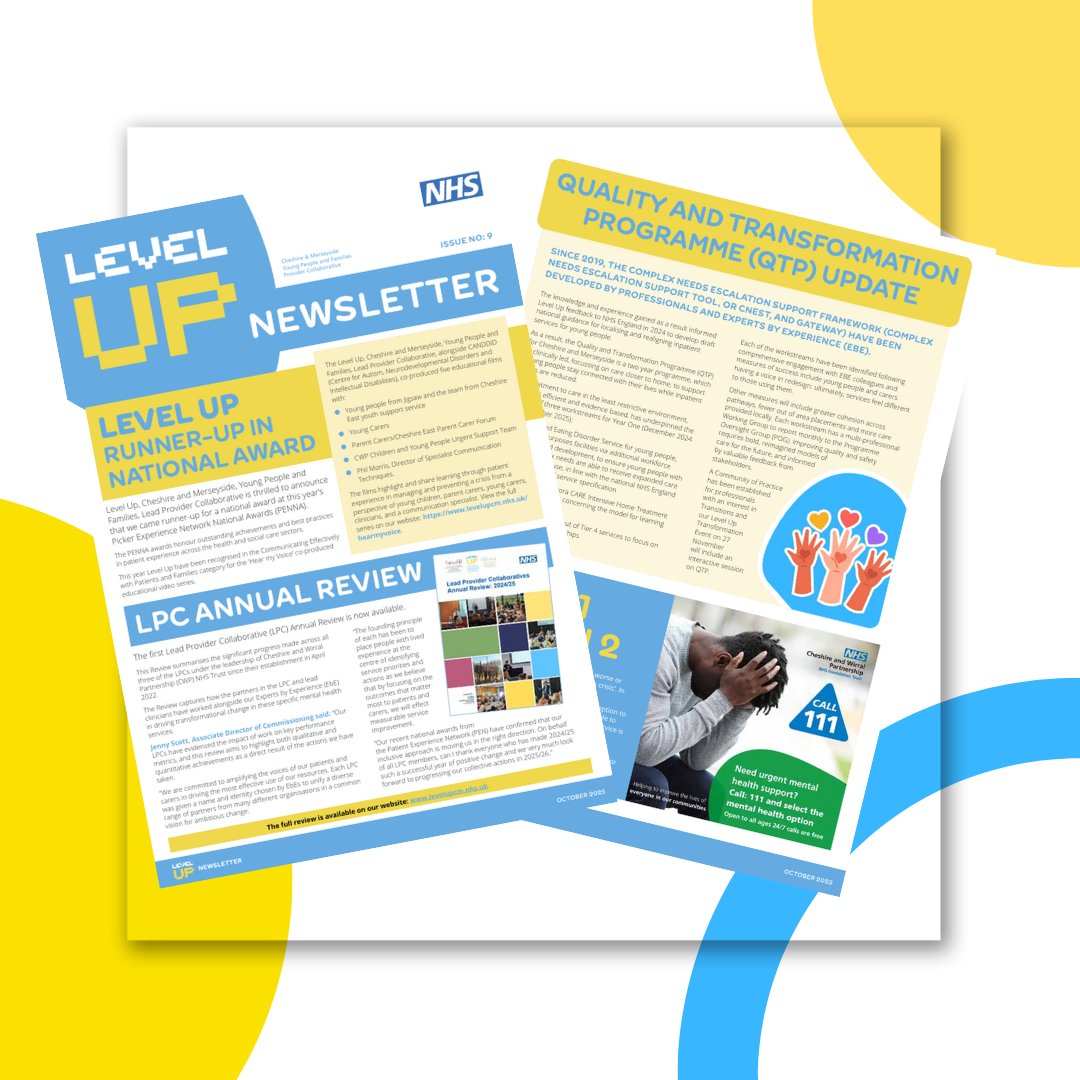Turning the trauma into change
By Level Up Expert by Experience, Fizz
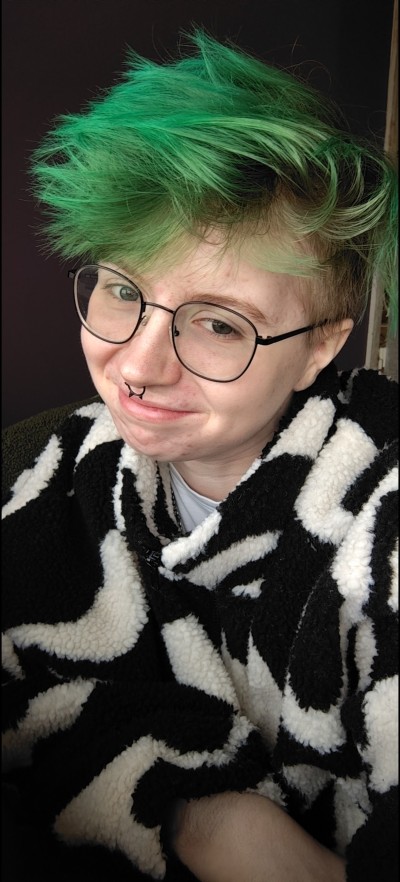
During my teen years things got much messier and more complicated. I was using dangerous coping mechanisms to try and deal with the constant battle in my head, unfortunately this reached a point where it wasn’t manageable at home anymore, leading to me being admitted to a CAMHs ward. My memories of my time here are very mixed - I felt some of the lowest of lows, but also met many staff members and young people who I truly couldn’t have coped without during this time. Sadly there was by no means a quick fix for my struggles, and I had difficulty engaging with the support that was in place.
On the day I turned 18 I woke up on a ward full of familiar faces and people my age. Later that day I fell asleep on a ward with 20 other adults ranging from anywhere between 18-60+, and not a single staff member that had met me before. I truly was thrown in the deep end, which sadly can be the nature of many people in situations like mine. Adult services was very much a different experience, and I experienced many different forms of care until I was moved to a specialised eating disorders unit.
There’s no instant fix for trauma and mental illness, no matter how much we all wish there was. Recovery for me wasn’t just a spur of the moment decision, I’d spent years engaging with my illnesses and making them worse, desperately trying to chase a form of relief that wasn't possible. I had spent so many years utterly miserable that I started to question what it was all for, I asked myself “can I really make things much worse if I try and get better?”. Long story short for that - the answer is no. It takes a lot of strength to turn around and accept that you need and want help, but finding how to express my feelings and needs was one of the most freeing yet terrifying things I have done.
With all of the pain and trauma going through severe mental illness brings you, it’s hard to know what to do with it when you start to pick up the pieces. During my admission I was told multiple times that I should become an expert by experience, and while I felt apprehensive about it, I jumped at the opportunity when it came up. There is no way to rewrite the past and change what I have been through, but there are infinite chances for me to use that pain for something good - to try and stop anyone else going through it. For me that brings even the smallest bit of relief that all of the trauma was not in vain.
Recovery isn’t really about rebuilding the life you had before, I find it is more about building something new. It takes a lot of time, patience and care. A quote I often told myself in my deepest struggles was “one day, one hour, one minute at a time” and I feel that is true of recovery too, you don’t have to have it all figured out. It’s by no means a linear process, and not every day is good, but the key part is that I am not where I used to be, and for that I am grateful.
I think the key thing is that you don’t find where you belong, you create it.
